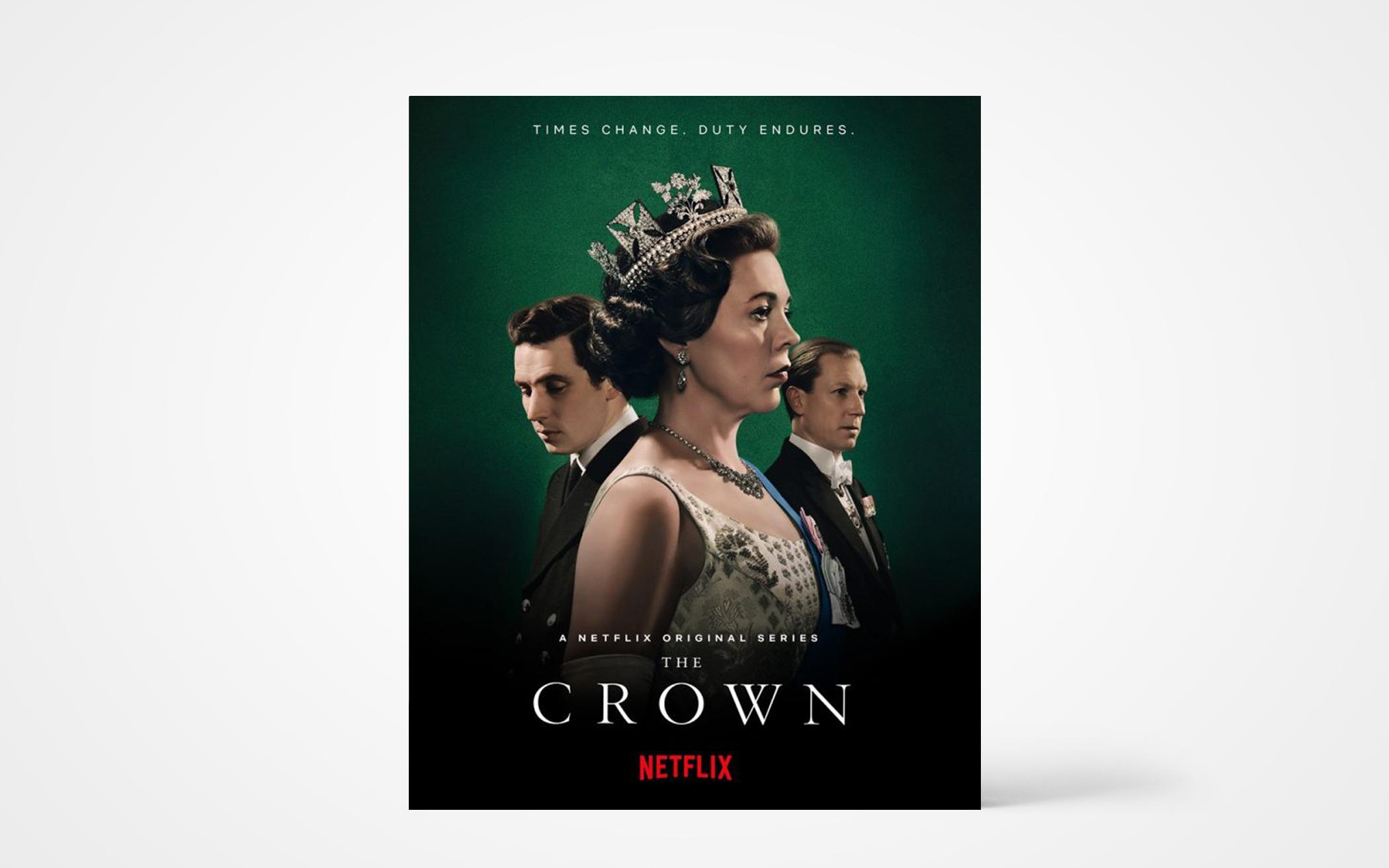As I write these words, Queen Elizabeth the second has just celebrated her 94th birthday. She and her husband, 98-year-old Prince Philip, are quarantining together as the planet confines itself for the coronavirus pandemic. Her son, Prince Charles, is recovering from the virus and quarantining apart from his wife, Camilla. The queen’s sister, Princess Margaret, is long dead, but her life reverberates loudly into today’s royal scene. We see Princess Margaret’s lasting influence in how the queen has treated her grandson, Prince Harry, who, with his wife, Meghan Markle, made worldwide headlines by breaking ties with the royal family as “senior royals.” Shockingly, the queen has been accepting of the exit, for the most part. Royal insiders believe this is because she doesn’t want her grandson (who is “spare” to his brother Prince William’s heir to the kingdom) to suffer the same fate as Margaret.
Viewers of The Crown know exactly what that fate is. At best, the spare of her day chafed at the bit, loathing all the oversight and expectations of the “Firm.” At worst, Princess Margaret drank heavily, made terrible choices in men, both in her husband and in affairs, and ultimately tried to commit suicide. The unending drama in Princess Margaret’s life makes for a compelling TV character, but the twist with this show is that these are real people, many of whom are still living and still making headlines.
Season 3 replaces all the characters from Seasons 1 and 2, aging them to play their real life counterparts. Though I loved Season 1—John Lithgow was spectacular as Winston Churchill—Season 2 was a bit too debaucherous for me. A friend even warned me to skip the twisted sexual escapades of episode seven, because she knew I watched with my monarchist mother.
But Season 3 is the best season yet. Olivia Coleman replaces the excellent Claire Foy as the queen, and Tobias Menzies replaces the mesmerizing Matt Smith as Prince Philip, and I wondered how they could possibly fill those shoes. Both Coleman and Menzies build on the work done by Foy and Smith and make the outsized roles their own.
Encompassing the time period between 1964 and 1977, beginning with Harold Wilson's election as prime minister and ending with the queen’s Silver Jubilee, the show packs in lots of history. For those worried that The Crown is nothing but an extremely well-made soap opera, which it totally is, there is much to chew on here as far as historical events. Events depicted include Harold Wilson and Edward Heath's respective times as prime minister, the Aberfan mining disaster in Wales, the Apollo 11 moon landing, and the 1969 Investiture of Prince Charles, played by an uncanny Josh O’ Connor. I found myself doing a Google deep dive on events I had never heard of (Aberfan, the town in Wales where hundreds of children died in a preventable mining disaster), and on people such as the oddly fascinating Prime Minister Harold Wilson.
The casting is spot on, with the possible exception of Helena Bonham Carter, who, though brilliant as always, doesn’t look enough like Princess Margaret to sell the role.
The show is rich with history, story, and also spiritual ponderings and explorations. Season 1 gave us a peek into the queen’s Christian faith with an episode that delved into her real-life encounter and resulting friendship with Billy Graham.
Season 3’s episode “Moondust” is one of the most powerful stories of faith I have ever seen on film. Tobias Menzies as Prince Philip is unforgettable as a jaded man beset by doubts who eventually is touched to his core by a loving, pursuing God. The episode opens with Philip obsessed with the Apollo 11 moon landing and the astronauts who completed it, like a giddy little boy watching with wide eyes. This experience of awe and wonder stands in sharp contradiction to Philip’s experience in church, where he is bored silly. “It’s not a sermon. It’s a general anesthetic,” he says, leaning over to whisper to his wife in church.
When Philip gets the chance to meet the astronauts at the palace, however, he finds them to be real men who are awkward, sniffling (they have colds) and in fact are in awe of him. At the same time he is disillusioned by his heroes, he reluctantly begins to patronize a group of burned-out Anglican priests and their retreat center on the grounds of Windsor Castle. At first, he thinks the priests are weak and boring, but soon begins to admire them. Menzies is astonishing in his portrayal of Philip finding God—or God finding Philip. It’s riveting to watch as the light of truth dawns on this complicated, privileged prince, who begins to realize that the greatest act of courage from here to the moon is sometimes just taking a step of faith. It’s wonderful to know that this character is a real man, at the end of his life, who will soon take his place in that great cloud of witnesses in Heaven. (Netflix)
About the Author
Lorilee Craker, a native of Winnipeg, Man., lives in Grand Rapids, Mich. The author of 15 books, she is the Mixed Media editor of The Banner. Find her on Instagram @thebooksellersdaughter or on her podcast Eat Like a Heroine.

